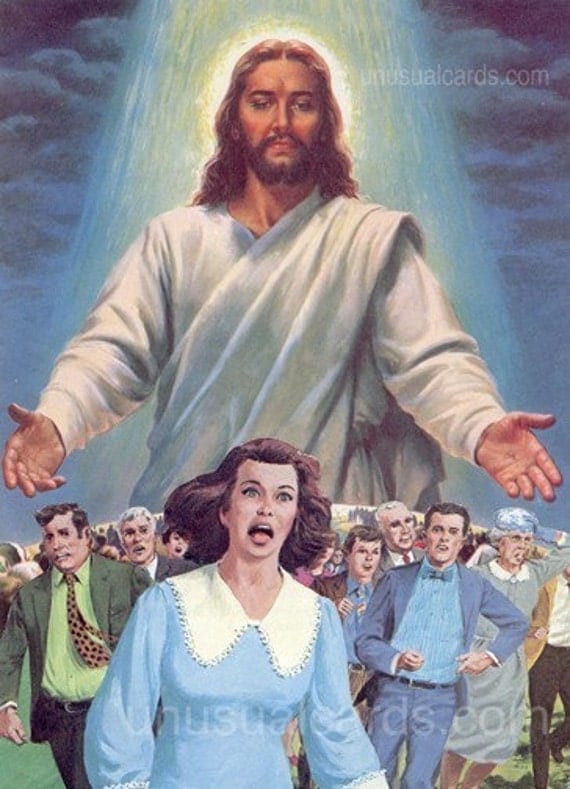My supervisor deletes everything and starts from scratch.
We don’t like each other’s way of doing things. I don’t want to spend hours duplicating work that has already been done, miss recreating important elements that already exist in the project, and have to make a guess at the best way of approaching the project. I want to learn from what has been done before and improve upon it. I generally assume that there is something valuable even in imperfect work. Erasing everything means destroying things that should remain. So I work meticulously and conclude with an orderly, well-vetted product.
My supervisor, on the other hand, wants a clean slate so that she’s free to work unfettered by somebody else’s thought process. She wants the ability to make something completely new, of the best quality from start to finish. She loves being immersed in the act of creation. She explodes into a flurry of activity and ends with something surprising, fresh and exciting.
When I was little, I firmly believed that the best thing for the world would be the apocalypse. The great tragedy was that things were allowed to continue, and the best thing would be for planet Earth to be knocked off the map and God to usher us into an ethereal Heaven where all that came before would be irrelevant.
But now I’m uncomfortable with the idea that God is letting the world run to a certain point and then cutting it off. I have this image of a stern god standing at a set of scales and saying, “Are the evils of humanity heavier or lighter than the apocalypse? Should I kill everyone because they are too bad to save?” Or, if the god in the image is compassionate, the question goes, “Is it time for a mercy killing? Is the extended suffering of my creation great enough yet to tip the scales?”
 |
| http://www.etsy.com/listing/21147065/you-can-run-but-you-cant-hide-print-by |
When the Phelps clan showed up at my church during Senator Robert Byrd’s funeral, they were making a statement that their god has seen the scales tip: homosexuality is heavier than the destruction of our country. Here is a sin that merits some kind of an apocalypse, even if it’s just the tiny kind that surrounds the loss of a single person.
I think that the Family Radio people are more like I used to be—looking for a mercy killing. When I was living in anticipation of the Rapture, I eagerly awaited the end of the way things are now, and the beginning of something new and beautiful. I put the Earth on the scales next to Heaven and said that Heaven weighed more, so what was God doing letting the Earth go on like this?
Sometimes I do approach things using my supervisor’s method. Sometimes I sit down, look a project over, and say “This is too screwed up to waste my time fixing.” I wipe the file clean. Sometimes that’s the best way.
But that doesn’t seem to be the way that God is working with us. I haven’t seen any Great Floods around lately, or any portents of the End of Days. (Insert obligatory reference to The Jersey Shore here.) But I have seen my generation growing up with a sense that the world needs to be changed: that the flaws of injustice, disease and poverty need to be corrected.
That doesn't mean that people who are living in anticipation of the Rapture are sitting on their hands and waiting for God to do all of the work. I heard a member of the Mid-Atlantic Gleaning Network say that he believes that all Christians will soon be taken up from the Earth, leaving the poor to fend for themselves if we don't set up a system to take care of them.
Stupid reason. But he's somehow managing to combine a clean-slate theology with a salvage-the-good lifestyle.
To Be Continued Tomorrow.
No comments:
Post a Comment